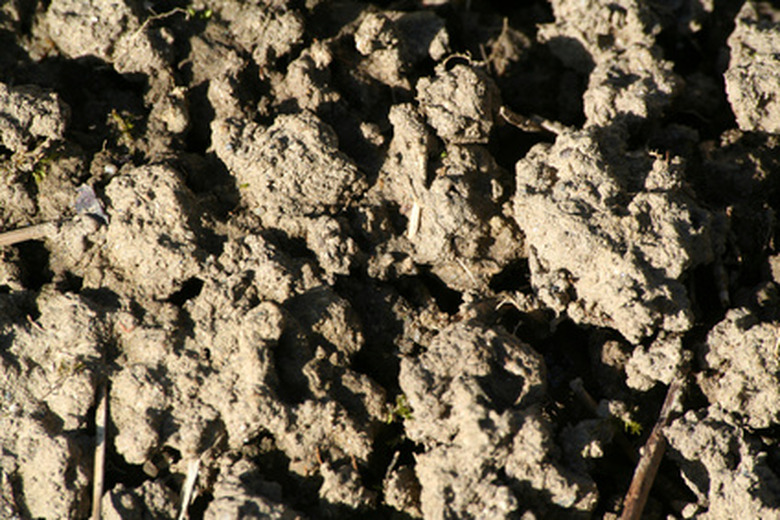Types Of Soil Bacteria
Thousands of micro and macro organisms live in the soil. The life cycle of these organisms gives soil many of its beneficial and nutritive properties. Soil organisms are classified by their size. The smallest are microfauna, consisting of microscopic organisms like bacteria, fungi and yeast. Bacteria play a key role in shaping the qualities of soil. Soil bacteria are classified into different types based on the primary function that they perform.
Nitrification Bacteria
Nitrate is an essential nutrient required by the plants for their growth. Decomposition of organic material and protein releases ammonia into the soil. Bacteria act on ammonia and transform it into nitrate through a process called nitrification; only certain types of soil bacteria can carry this out. Plants can easily absorb these nitrates. A characteristic of such bacteria is that they manufacture their own carbohydrates without relying on photosynthesis. N. europaea and nitrobacter winogradskyi are some of the key species of nitrification bacteria.
- Thousands of micro and macro organisms live in the soil.
- A characteristic of such bacteria is that they manufacture their own carbohydrates without relying on photosynthesis.
Nitrogen Fixation Bacteria
Nitrogen, along with potassium and phosphorus, is one of the primary nutritive building blocks of plant life. Plants are only able to absorb nitrogen through the soil. Artificial ways of introducing nitrogen into the soil include the use of granular and liquid fertilizers. Nature has also provided plants with certain types of bacteria that convert free nitrogen from the atmosphere into nitrogen compounds that enter the soil and can be absorbed by the plants. Examples of such bacteria are Azotobacter and Rhizobia.
Denitrification Bacteria
Denitrification occurs when nitrogen present in soil in combination with compounds is released back into the atmosphere. Anaerobic bacteria like Achromobacter and Pseudomonas carry out the process. As anaerobic bacteria do not require oxygen for their existence, the lack of oxygen in soil causes decay of nitrogen compounds, which releases free nitrogen or nitrous oxide into the atmosphere. Excess denitrification can strip the soil of its nutrients and reduce its fertility.
- Nitrogen, along with potassium and phosphorus, is one of the primary nutritive building blocks of plant life.
- As anaerobic bacteria do not require oxygen for their existence, the lack of oxygen in soil causes decay of nitrogen compounds, which releases free nitrogen or nitrous oxide into the atmosphere.
Actinobacteria
Actinobacteria serve an important role in the decomposition of organic materials. Decomposition releases nutrients into the soil and is also responsible for the formation of humus in soil. Actinobacteria are responsible for the sweet aroma of good, healthy soil. Some other types of Actinobacteria also inhabit plants, animals and freshwater.
